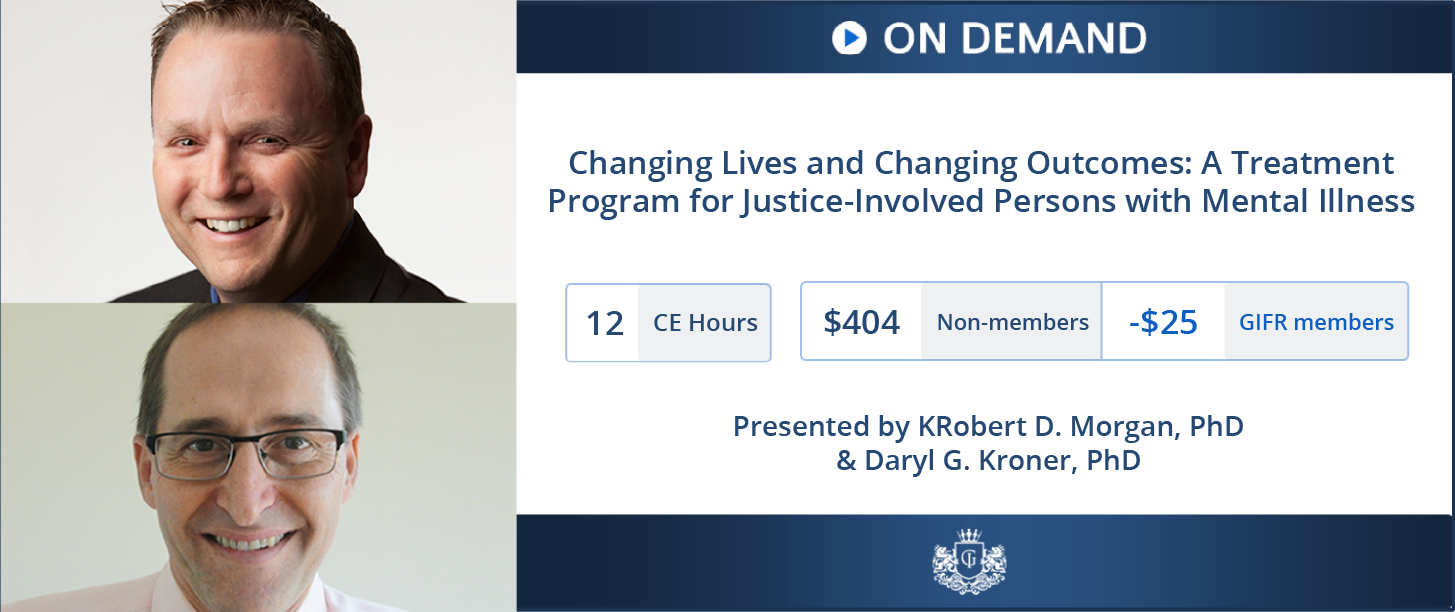Multi-Health Systems, Inc. (MHS, Inc.) is approved by the American Psychological Association to sponsor continuing education for psychologists. MHS maintains responsibility for this program and its content.
The American Nurses Credentialing Center accepts Continuing Education Credit sponsored by the American Psychological Association.
Multi-Health Systems, Inc. (MHS, Inc.), provider #1371, formerly Global Institute of Forensic Research, is approved as an ACE provider to offer social work continuing education by the Association of Social Work Boards (ASWB) Approved Continuing Education (ACE) program. Regulatory boards are the final authority on courses accepted for continuing education credit. ACE provider approval period: 6/8/2025-6/8/2028. Social workers completing this course receive 12 continuing education credits.
Multi-Health Systems, Inc. (MHS, Inc.) is approved by the Canadian Psychological Association to sponsor continuing education for psychologists. MHS maintains responsibility for this program and its content.
Multi-Health Systems, Inc. (MHS, Inc.) has been approved by NAADAC as an approved Continuing Education, Provider No. 144308. Programs that do not qualify for NAADAC credit are clearly identified. MHS maintains responsibility for this program and its content.
Multi-Health Systems Inc. has been approved by NBCC as an Approved Continuing Education Provider, ACEP No. 6711. Programs that do not qualify for NBCC credit are clearly identified. Multi-Health Systems Inc. is solely responsible for all aspects of the programing.
NBCC credit is not available for live webinars nor GIFR Member Exclusive Trainings.
Global Institute of Forensic Research (GIFR) is recognized by the New York State Education Department's State Board for Social Work as an approved provider of continuing education for licensed social workers #SW-0337.
Multi-Health Systems, Inc. (MHS, Inc.) is recognized by the New York State Education Department's State Board for Psychology as an approved provider of continuing education for licensed psychologists #PSY-0036.
Note 1: The CPA's approval of an individual, group, or organization as a CE Sponsor or Provider is restricted to the activities described in the approved application or annual report form. The CPA's approval does not extend to any other CE activity the Sponsor or Provider might offer. In granting its approval, the CPA assumes no legal or financial obligations to Sponsors, Providers, or to those individuals who might participate in a Sponsor or Provider's CE activities or programs. Further, responsibility for the content, provision, and delivery of any CE activity approved by the CPA remains that of the CE Sponsor or Provider. The CPA disclaims all legal liability associated with the content, provision, and delivery of the approved CE activity.







